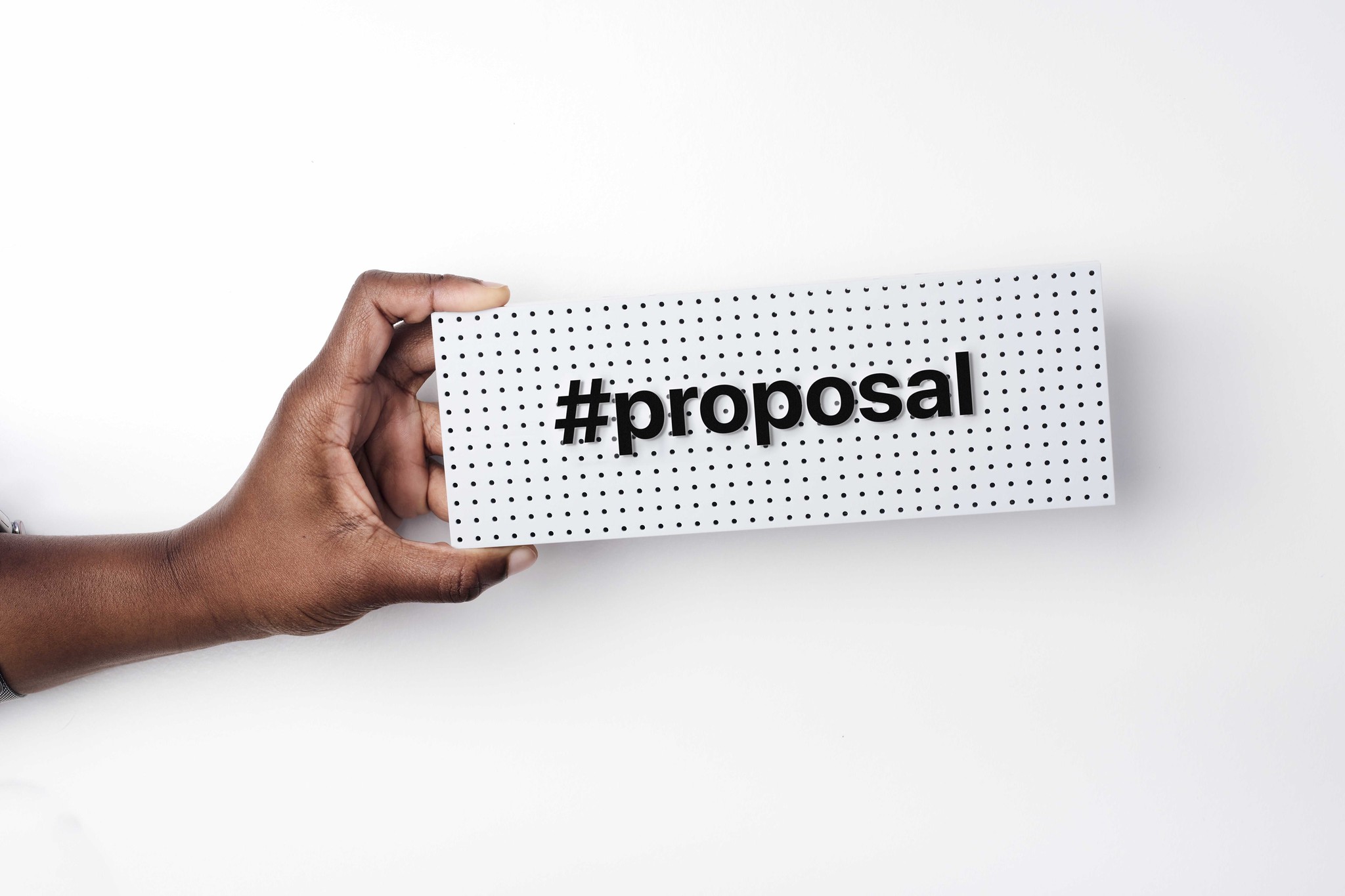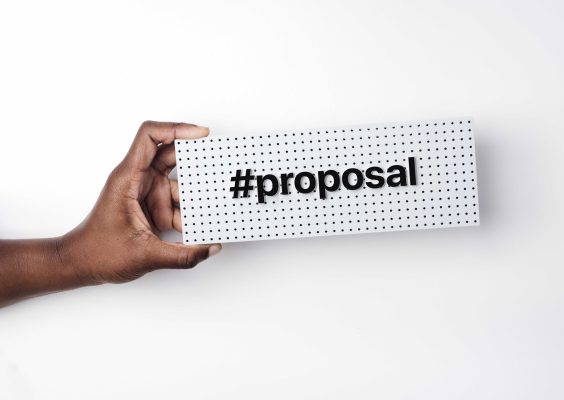One of the primary purposes of the Office of Digital Humanities is to assist faculty and students in the College of Humanities with digitally inflected research and pedagogical projects. Sometimes this assistance takes the form of a quick consultation; want to know the best way to scan a conference program so you can turn it into a searchable document? That’s something we can help you with in 30 minutes or so. But sometimes your project is quite a bit larger; perhaps you want to convert 40+ years of conference programs into data and then analyze it for patterns for which artists and authors are discussed or the number of women who are presenting at the conference over time. If that’s the case—as it was for Corry Cropper—you’ll need to go through a more formal process.
The ODH project proposal process begins with a conversation with the Digital Humanities Project Coordinator. We will discuss the goals of your research, the timeline in which you’re hoping to complete it, the computational methods that could be brought to bear on the question, and so on.
If the project sounds like something that is feasible for ODH, you will then begin working collaboratively on a Project Intake Document (PID) with one of the ODH faculty members. It is designed to be a simple summary of the research you are proposing and to elicit specifics about what your project needs to be successful. Each of you will likely work on different sections of the PID and then make suggestions for how to improve the other’s work.
When you are both happy with PID, the ODH faculty member will present your proposal at the next Project Status Meeting. These meetings take place on the first and third Friday of each month during the Fall and Winter semesters and on the first and third Thursdays during Spring and Summer terms and include ODH faculty, the director of WordCruncher, the head of software development, and the College webmaster. During the meeting, we review both ongoing projects and new proposals. Your proposal will be read ahead of time by everyone involved in the meeting, and they will come with feedback for the ODH faculty member who presents the project. This process ensures that we draw on the collective expertise of the Office to make proposals as strong as possible.
Depending on the nature of the feedback, you and the ODH faculty member might be asked to revise and update the PID. Once that has been completed, it will be resubmitted for a subsequent review. When the ODH team feels the PID is at a sufficiently advanced state, a vote is taken on whether to accept the project. If the vote is successful, an ODH project lead will be determined, and they will contact you to begin work on the project. You should plan to meet with your project lead at least once every two weeks to review the work that both you and ODH have completed.
Some of the current projects that have gone through this process include Jamie Horrocks’s Victorian Print Trade Journals Database, Anna-Lisa Halling and Valerie Hegstrom’s More than Muses, Julie Allen’s Scandinavian LDS Women database, and Dana Bourgerie’s Cambodian Oral History Project. Please let us know if you have any questions!

